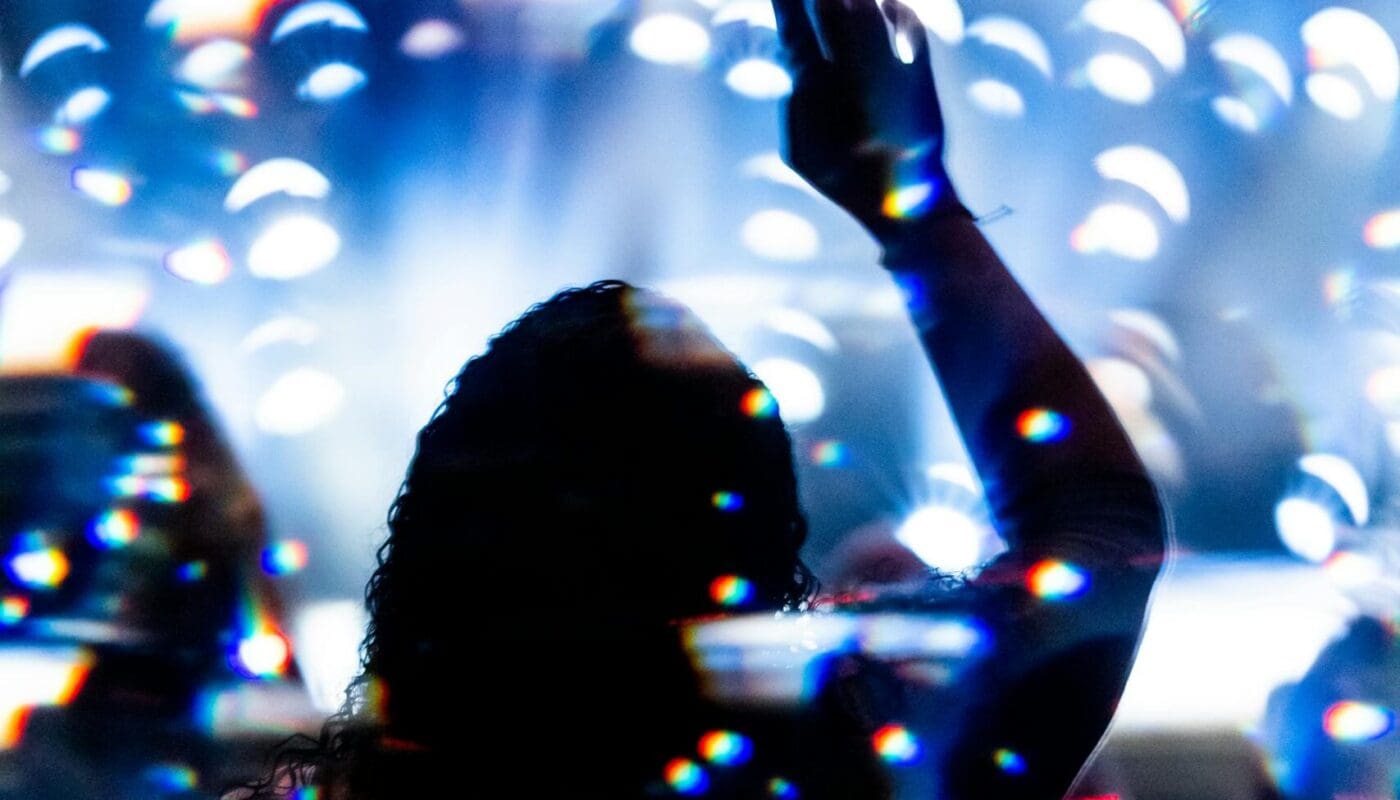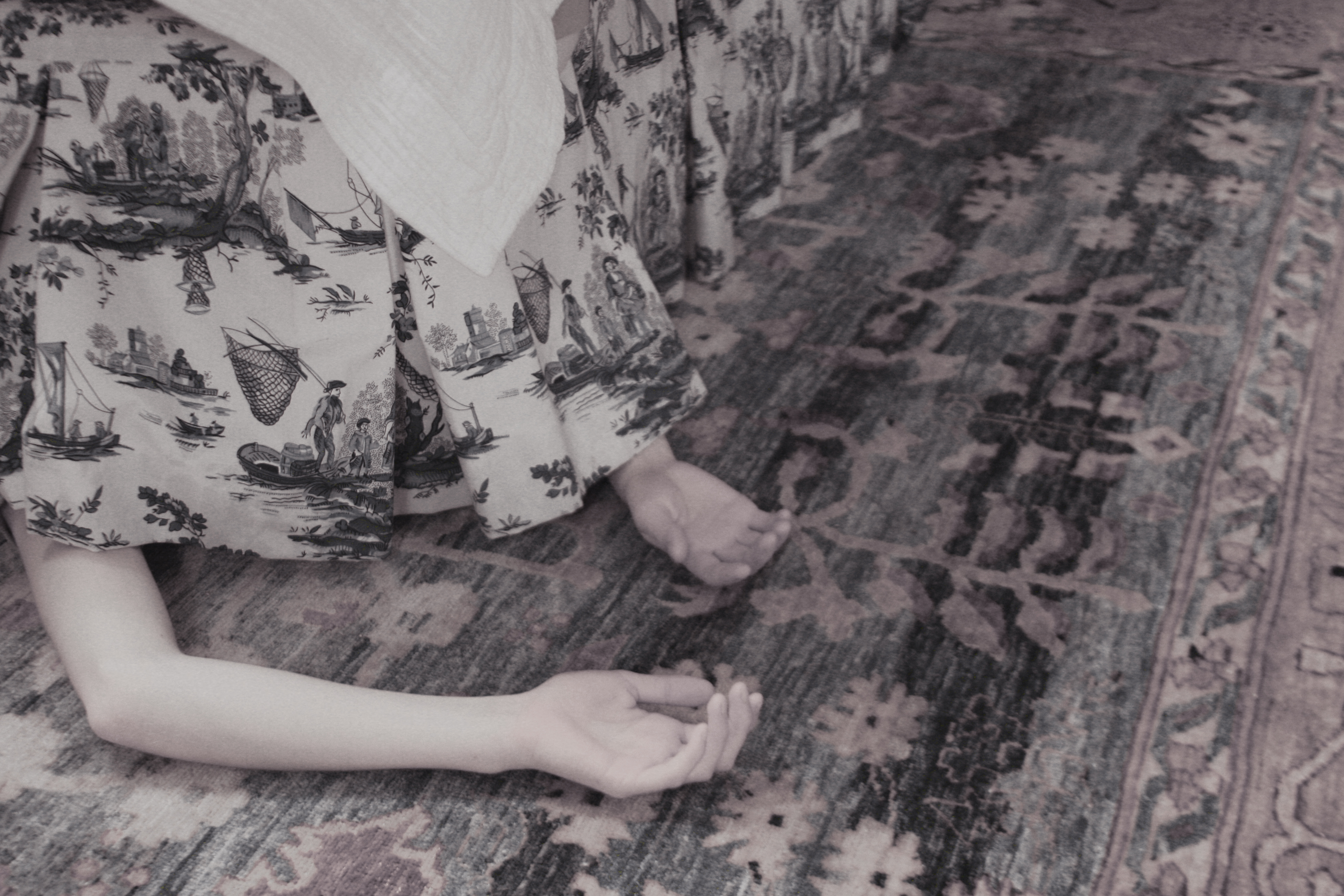content warnings
violence, sexual content
[813 words]
Mother would stand barefoot in the living room and amuse six million lonely souls from around the world. She had me sit in my room during her performances, but our apartment was small, the walls thin, and her goatish sounds traveled well and clear.
I often admired these performances through the crack in my door. Her pianist fingers played the air and her body in turns. Her feet slid across our embarrassment of a rug, stained so black in places. She puckered her lips, got down on her knees, and pleasured phantoms with her mouth.
She never dressed up, wore sweatpants, baggy t-shirts, and a large VR headset instead. At night, before sleep took me, I would try to imagine what she must look like to her viewers; composed in pixels with beautiful clothes, lightweight and fine, skin shining like God or Mary…
“Don’t tell grandpa,” she would say about her work.
“Or uncle.”
“Or late-night-Gary.”
Back then, I took secrets very seriously and told nobody.
In the mornings, after brushing my teeth, I would wonder at my moles in the mirror. The one above my left eye. The one that marked my chin. And that strawberry mark that blazed across my right cheek. Running the water hot, the mirror would fog up, and I’d smile as my face blurred, became flat, like a poorly rendered digital skin.
On my tenth birthday, mother had a lot to drink. She slurred her words as I blew out the candles and went to sleep on the floor of her room. I watched as she drifted off into dream country, her hands exploring the tall reeds of her bedroom carpet. I came close and checked her breathing, making sure she was asleep, then stepped lightly to her credenza, grabbed the headset, which lay on top, and creeped back into my room.
The fit of the headset was loose, and when I shook my head, it rattled about. The interface was complicated, unlike the simple games I played on my tablet, and it took me ten minutes before I was able to turn it on. Finally, I found a switch near the back, lights flashed, and I felt a visceral sensation deep in my stomach like I was falling from a great height.
Looking around, I found that the digital world resembled outer space, vacuous and voluminous with shining gems of light sparkling far overhead and below my feet. The only difference being the purple hue that seemed to color everything.
Soaring, because there was no floor to walk on, I searched the vacuum for a reflective surface, wanting to glimpse this version of me. But I was soon distracted from this course by the appearance of a floating rectangle. It materialized in the middle distance, and, inside its four borders, a man in his late fifties stared out at me from a dark room. Another screen, this time behind me, flashed into existence, boxing me in. Inside, there were two children, not much older than me. More and more appeared, until I was completely surrounded by a palatial dome of rectangles, each carrying within it a unique persona(s). It was like standing in a Turkish mosque with thousands and millions of eyes staring, leering down at me from above.
Their messages cascaded towards me, text and audio visualized, overlaid and overlapped. They wanted me to perform. They had special requests. So many, I could never satisfy them all, could barely distinguish one from another. So, instead, I played the mimic. I moved like mother, focused on my fingers, dropped down to my knees. My mind felt hot, my body too. Like a fever. Like whatever I was doing wasn’t good for me, body and soul.
Money signs and large numbers leaped from the flat surfaces of the rectangles and into my pockets. Every time, there was this ringing sound, like coins falling. Sometimes, all these years later, I hear this very sound, always in the odd, quiet moments of life, like when I’m alone, and walking down an unlit street.
Ten minutes into the performance my legs started to cramp. I wanted a break, but I didn’t know how or who to ask for one. Would there need to be consensus? I remember feeling like I didn’t want to let all these people—my audience—down. So I danced and I danced and I danced through the pain.
After another twenty minutes of my knees screaming against the hardwood floors, my mother found me, ripped the headset from my head, forced me back into the world of subtle colors.
We sat there for a long time, both crying into each other; her for my innocence, me partly because of the pain in my legs, partly because I never got the chance to see my face in that other world, to see my skin glow like God and Mary.
Nadim Silverman is a Bangladeshi-Jewish writer and illustrator based in New York City. He is currently studying creative writing at SUNY Stony Brook’s MFA program. His work has been featured in Dark Horses Magazine, Flash Fiction Magazine, BULL, The After Happy Hour Review, and more.





What a powerful and beautiful story!